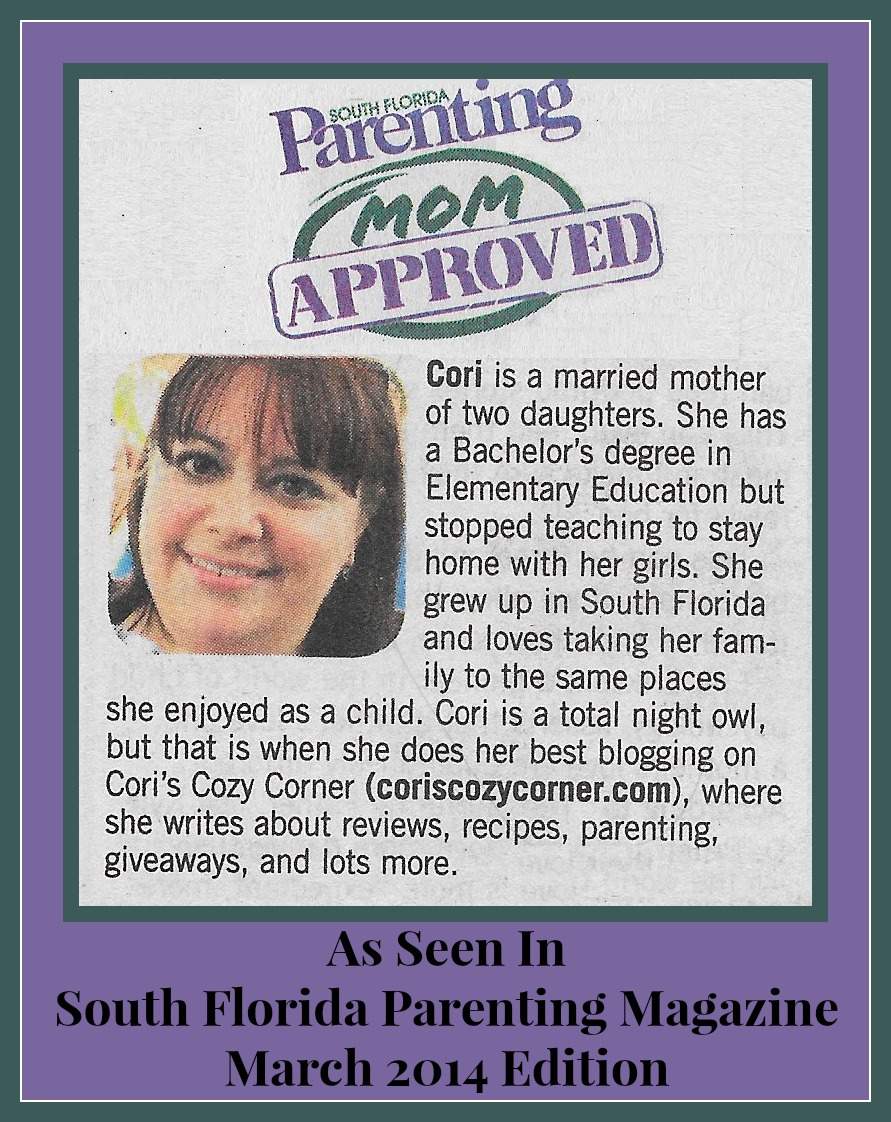We all care for the older loved ones in our lives. But the truth is that many of us aren’t doing enough for them. Sometimes, it’s easy to miss what we should be doing. You might not even know your parent, grandparent, aunt or uncle has needs that aren’t being fulfilled. But it’s time to find out and to discover if there’s anything else you could be doing to help them.
Be a safe haven for them
The first step to take is that we have to recognize that not all of our loved ones have that confidant they can admit everything to. If you’re worried that your loved one might be bothered by things they’re not talking about, it’s worth helping them open up to you. It can be difficult and awkward to start these conversations, especially if they’re about medical issues. But broaching the subject first, being direct and caring, can help. It’s a good idea to just know the kind of questions you might ask to ensure that they’re okay. It might be mood, it might be physical safety or about any marks of injuries you might suspect they haven’t shared. Be gentle, as establishing trust is essential here. Don’t try to force them into telling you anything, just make it clear you’re trying to help.
Make sure you get active with them
It’s easier to lose the focus on activity and fitness as you grow older. However, just because your loved one is getting later in life doesn’t mean they don’t need exercise. A great way to ensure they’re as active as they should be is to join them. It could be as simple as taking a walk. It’s also important to address any barriers they might have to getting active, too. You could get things like walkers from www.homehealthgear.com to remove barriers to mobility or ask their doctor about exercises that might be appropriate for their abilities.
Finding meaningful social connections
The body isn’t the only thing that needs activity. If you want them emotionally happy and mentally active, then they need company. Being there to support them as family is one thing, but it’s a good idea to help them find peer groups through shared interests, too. As www.sixtyandme.com makes clear, it’s all too easy to find ourselves isolated as time goes on. We lose touch with peers and we outlive others. We need to take an active stance in fighting that isolation.
Don’t be afraid to ask for help
Taking responsibility for anyone’s wellbeing is a demanding task. If you have other responsibilities, you shouldn’t be afraid to admit it’s too much to deal with alone. You should consider asking other family members if they can contribute, even if it’s as simple as giving lifts or making meals. Other kinds of support can make things easier for you, too, from emotional support for yourself to allowances that make it easier to care for them financially. Don’t isolate yourself while trying to help others.
As we get older, life gets a bit tougher, and we’re not always prepared to ask for help. So, it’s your responsibility to step up and offer it first. The happiness and health you can help them attain is more than worth it. It’s essential.

 Image
Image Image
Image



